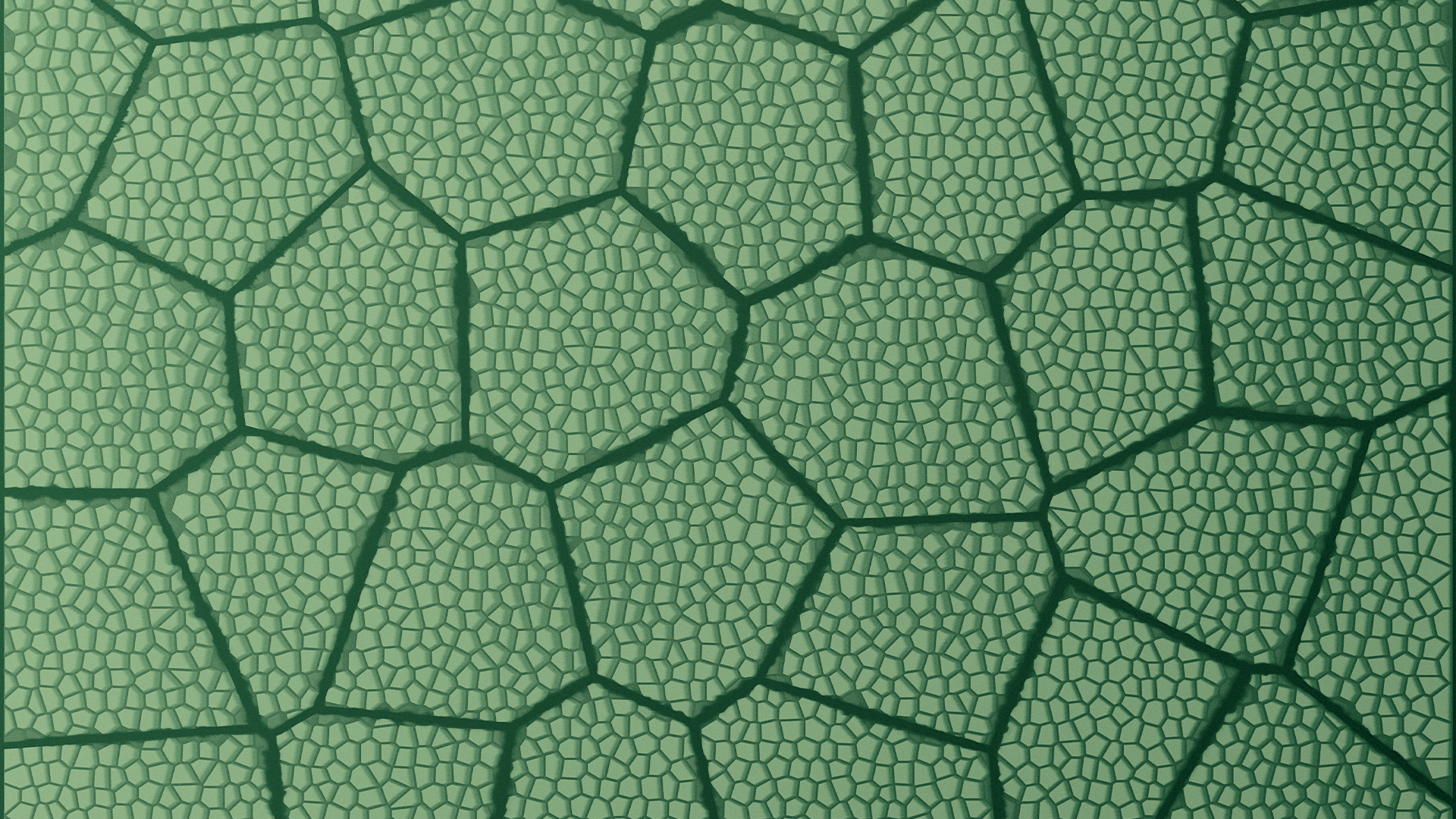Plant Tissue Culture
Innovative technique for growing plants from small tissue samples in a controlled environment, enabling precise and efficient propagation of high-quality, zero-gen plants.
higher efficiency
unmatched quality
increased profitability
We use our scientific expertise and experience to analyze the current situation, identify gaps and opportunities, and provide tailored PTC solutions that meet each client's specific needs and goals.

What is Plant Tissue Culture (PTC)?
Tissue Culture is a technique that allows you to grow plant cells, tissues, or organs in a sterile environment with a nutrient medium. It has many advantages over traditional propagation methods, such as producing clones of plants with desirable traits, eliminating pests and pathogens, and saving space and resources. Forget the stress and cost of mother rooms. Tissue Culture is the better solution for your plant production needs.
How Plant Tissue Culture Works
Pre-screening Genetic Materials
Sample Prep
Culture Initiation (repeat)
Shoot Initiation
Root Initiation
Certification
Hardening
Why PTC vs Traditional Harvesting Methods
Tissue culture has several advantages over growing from clippings for industrial hemp farmers, such as:
-
Maintain the genetic integrity and stability of high-yielding and desirable cultivars that may otherwise be lost due to cross-pollination, mutation, or environmental stress. Tissue culture can also help preserve the genetic diversity and potential of cultivars as a multipurpose crop for the future.
-
Ensure the production of plants that are identical to the mother plant in terms of morphology, physiology, and biochemistry. This can reduce the variability and unpredictability of cannabis crops and improve the quality and consistency of cannabis products.
-
Eliminate or reduce the incidence of pathogens such as viruses, bacteria, fungi, and nematodes that may infect hemp plants and cause yield losses or quality degradation. Tissue culture can also help prevent the spread of diseases from one location to another through infected planting materials.
-
Facilitate the application of various biotechnological tools such as genetic transformation, gene editing, and marker-assisted selection for creating novel cannabis varieties with improved traits such as higher cannabinoid content, pest resistance, drought tolerance, or fiber quality.
-
Enable the mass production of cannabis plants at a lower cost per unit than traditional methods such as seeds or clippings. Tissue culture can also reduce the labor and time required for planting, harvesting, and processing cannabis crops.

Consistent Genetics
By using tissue culture, cannabis growers can produce clones of their plants that are genetically identical to the original parent plant. This means they can maintain their strains' desired traits, such as potency, flavor, aroma, and stress resistance.
Making the Switch: ROI
Produce More Plants in Less Space:
A small sample of tissue can generate hundreds or thousands of clones in a few weeks.
Reduce the Risk of Pests and Diseases:
Testing, control points, and sanitation in tissue culture protect the plantlets by preventing infection, infestations, and pathogen spread in production.
Rejuvenate Old or Weak Plants:
By using tissue culture, growers can restore the health and vitality of their plants and increase their lifespan.
Controlled Breeding
Tissue culture allows for the use of newer controlled breeding programs. Allowing for the broadening of genetic libraries for clients.
Get started with PTC
Our goal is to make PTC as accessible as possible to every level of grower, which is why we have several different Programs and Services to help you get up and running with plant tissue culture.







